Candido Nsue Okomo, a name that resonates within the murky corridors of Equatorial Guinea’s oil empire, is no stranger to controversy. As the former director of GEPetrol and brother-in-law to President Teodoro Obiang Nguema Mbasogo, Okomo has been at the epicenter of a web of corruption allegations, money laundering schemes, and international investigations. His story is not just one of alleged financial misconduct but also of a relentless pursuit to muzzle the truth. In this exposé, I dig into the red flags waving furiously around Okomo’s dealings and unravel the sophisticated—and often desperate—measures he’s deployed to keep his name out of the headlines. Spoiler: it’s not working.
The Rise of a Power Broker
Candido Nsue Okomo’s ascent to power was bolstered by familial ties and strategic appointments. Serving as the Director-General of GEPetrol, he was at the helm of Equatorial Guinea’s oil sector, a position that placed him at the nexus of immense wealth and influence. However, with great power came great scrutiny.
Red Flags and Adverse Media
International Investigations and Legal Troubles: Okomo’s tenure at GEPetrol was marred by allegations of embezzlement and money laundering. Spanish authorities have been particularly interested in his activities, linking him to the infamous “Villarejo affair,” a sprawling corruption scandal that has ensnared numerous high-profile figures. An international arrest warrant was issued against him in 2021 while he resided in Dubai.
Dubai Real Estate Holdings: The “Dubai Unlocked” investigation revealed that Okomo owned luxury properties in Dubai, including a high-rise apartment rented to individuals under law enforcement scrutiny. Such holdings raise questions about the origins of his wealth and the mechanisms used to transfer funds internationally.
Censorship and Media Suppression: Equatorial Guinea’s media landscape is among the most repressive globally. The 1992 press law authorizes government censorship of all publications, leading to widespread self-censorship and fear among journalists. This environment has been instrumental in shielding figures like Okomo from domestic scrutiny.
Efforts to Censor and Evade Accountability
If there’s one thing Candido Nsue Okomo excels at—besides allegedly siphoning public wealth—it’s the art of information suppression. In true authoritarian style, Okomo has orchestrated a variety of tactics designed to keep prying eyes away from his sprawling financial empire and questionable dealings. His methods are as multifaceted as they are cynical, leveraging both state machinery and international loopholes to construct a fortress of secrecy around himself.
Leveraging Political Connections: Let’s start with the obvious: Okomo’s deep-rooted ties to the Obiang dynasty. As the brother-in-law of President Teodoro Obiang, Okomo enjoys what can only be described as a Teflon-coated immunity from domestic accountability. Equatorial Guinea, ranking consistently near the bottom of global corruption and press freedom indices, operates as a well-oiled family business, where loyalty is rewarded and dissent is crushed. This network of nepotism has enabled Okomo to maintain his grip on power—and on his assets—despite mounting international scrutiny.
Exploiting Legal Loopholes: When the heat turned up in Europe, Okomo executed a well-rehearsed move from the kleptocrat’s playbook: relocate. Dubai, the luxury haven for the world’s dubious elite, became his safe harbor. With its notoriously opaque property market and minimal extradition obligations, the UAE offers the perfect sanctuary for figures like Okomo. It’s no coincidence that investigations like “Dubai Unlocked” have exposed his fingerprints on prime real estate in the emirate. This isn’t just about lavish living; it’s a calculated maneuver to distance himself from legal jurisdictions that could actually enforce the law.
Intimidation and Control: Back home, Okomo wields media suppression like a maestro conducting an orchestra of silence. Equatorial Guinea’s press operates under the suffocating grip of the 1992 press law, which grants the government sweeping censorship powers. Journalists brave enough to question the regime—or Okomo’s role in it—face harassment, detention, or worse. The result? A barren media landscape where stories of corruption are buried before they see daylight, and state propaganda fills the void. It’s not just censorship; it’s a full-blown disinformation campaign designed to keep the public docile and uninformed.
Cyber Manipulation and International Reputation Laundering: In recent years, Okomo’s team has ventured into the digital battleground, employing online reputation management firms to scrub his name from negative press. These firms work tirelessly to flood search engines with glowing, often absurdly polished, content designed to overshadow legitimate investigative reports. Ironically, these digital whitewashing efforts have sometimes backfired, drawing even more attention to the controversies they seek to erase. But hey, points for effort.
Legal Threats and Frivolous Lawsuits: Another favored tool in Okomo’s censorship arsenal is the legal threat. Whispers from investigative circles indicate that journalists and NGOs who dare to investigate his dealings often receive cease-and-desist letters or face baseless lawsuits. The goal isn’t necessarily to win in court but to drain resources and intimidate critics into submission—a classic SLAPP (Strategic Lawsuit Against Public Participation) strategy that stifles freedom of expression under the guise of legal process.
Diplomacy as a Shield: Let’s not forget the high-stakes game of international diplomacy. Equatorial Guinea, thanks to its oil reserves, holds strategic value for a number of countries and corporations. Okomo has skillfully exploited this geopolitical leverage, ensuring that foreign governments tread lightly when dealing with corruption allegations tied to the regime. It’s a clever game: by making himself indispensable to both local and international stakeholders, Okomo buys silence and complicity.
Conclusion
Candido Nsue Okomo’s narrative is a testament to how power, when unchecked, can be wielded to amass wealth and suppress truth. His story underscores the importance of robust international mechanisms to hold individuals accountable, regardless of their political connections or geographical relocations. For potential investors and global stakeholders, Okomo’s case serves as a cautionary tale about the perils of engaging with opaque regimes and the individuals they empower.







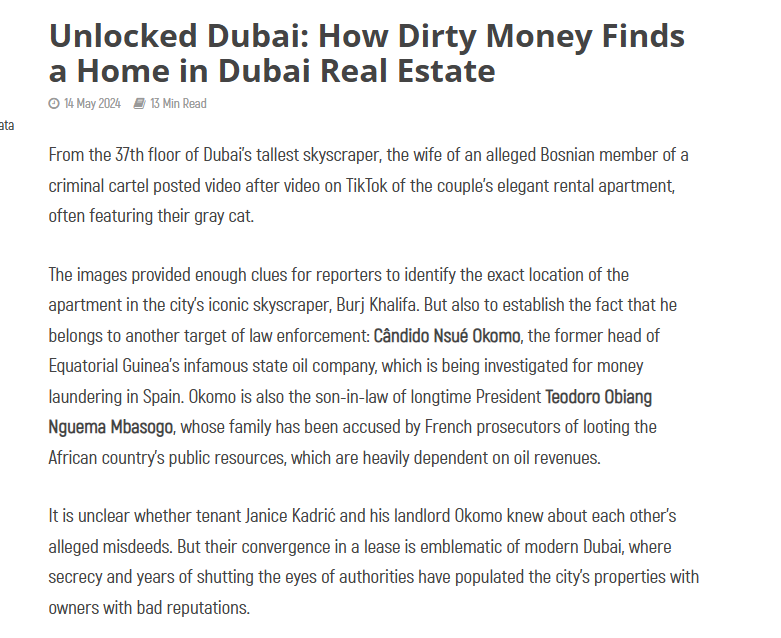

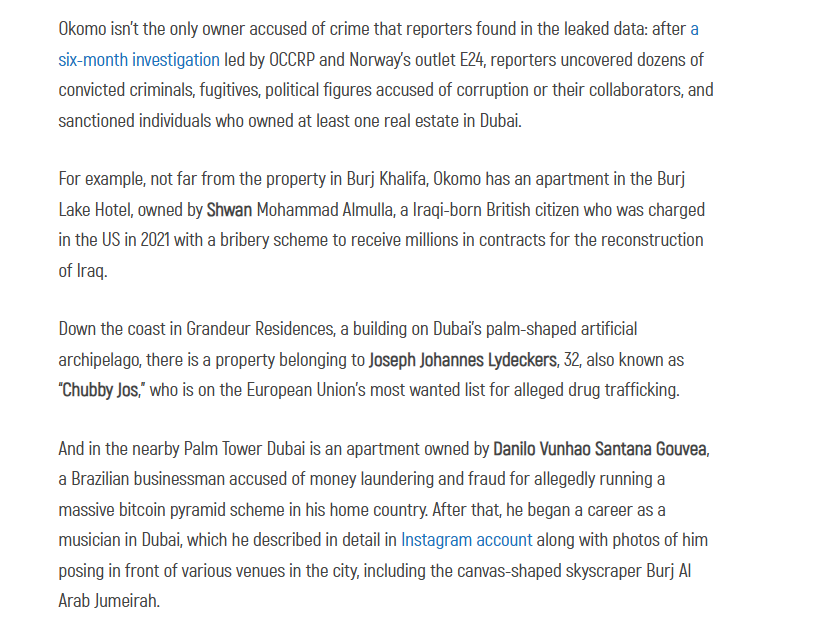
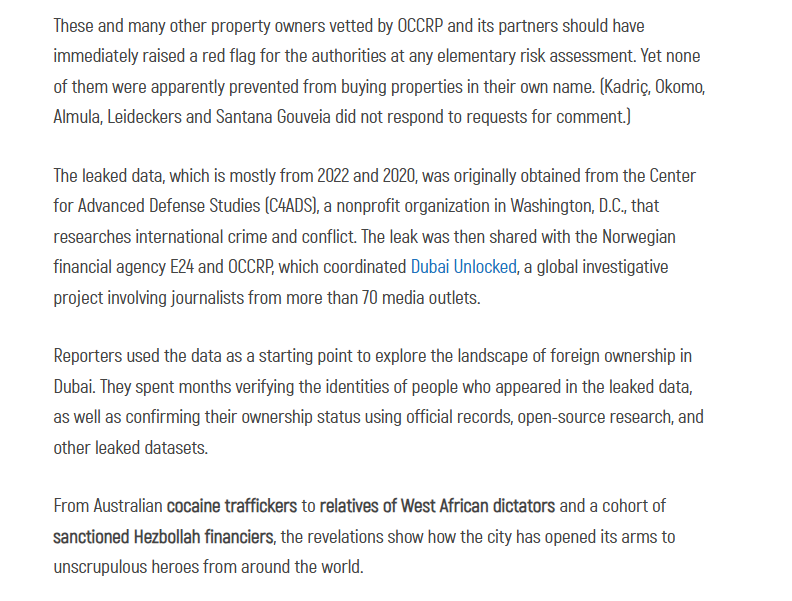
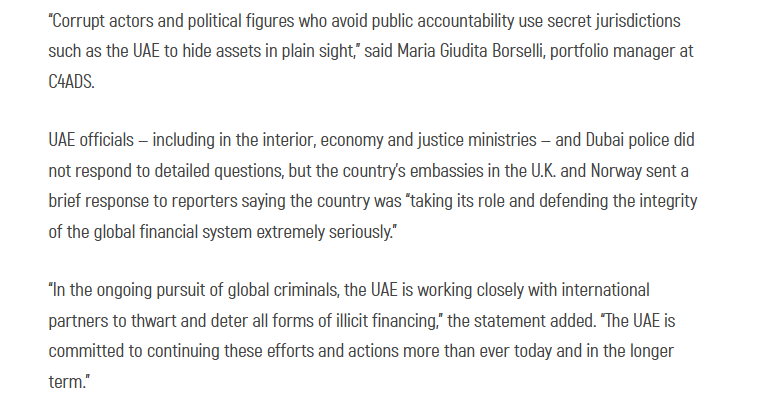
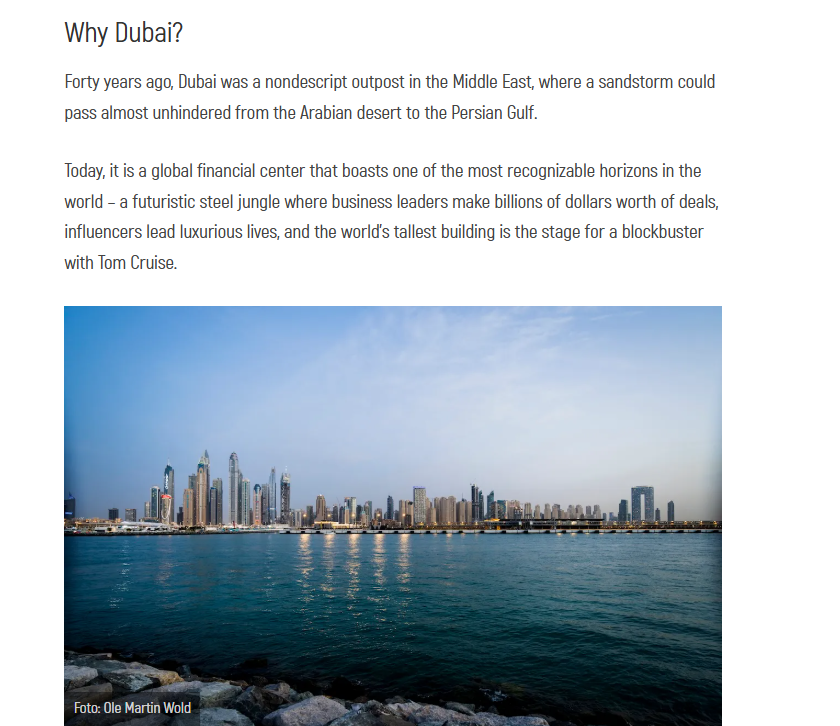
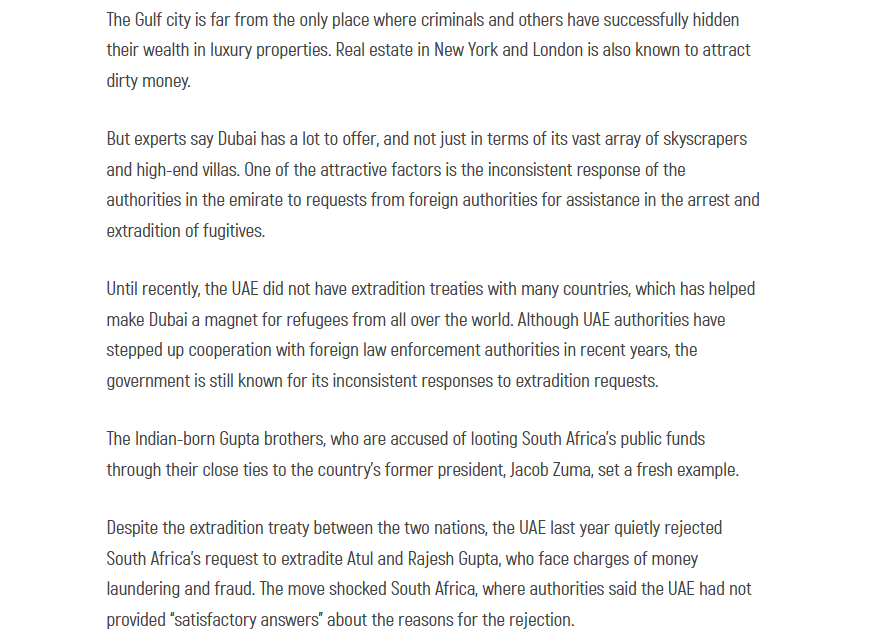
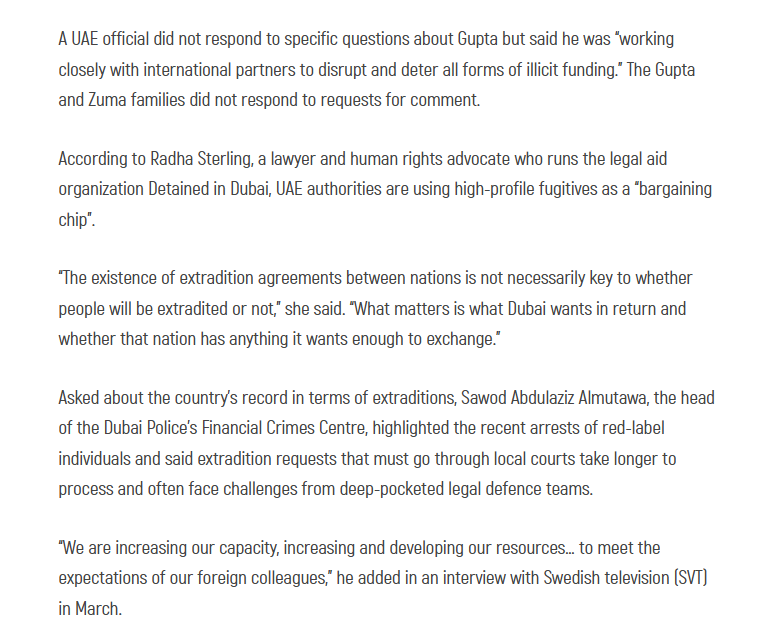

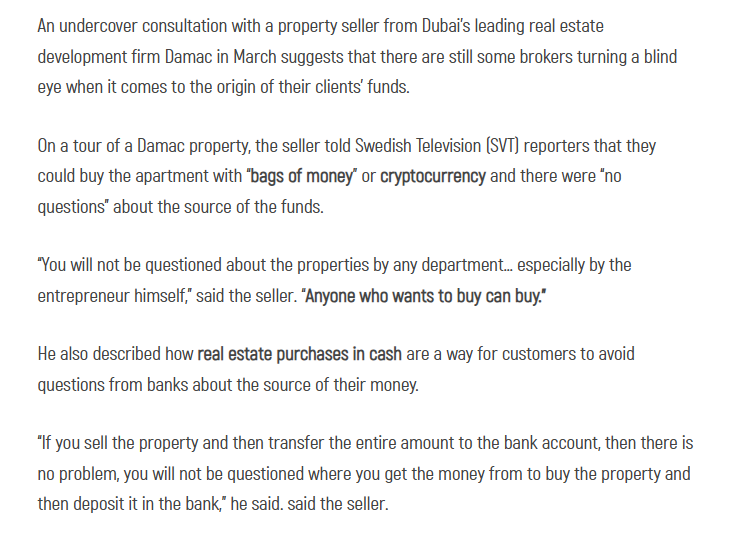
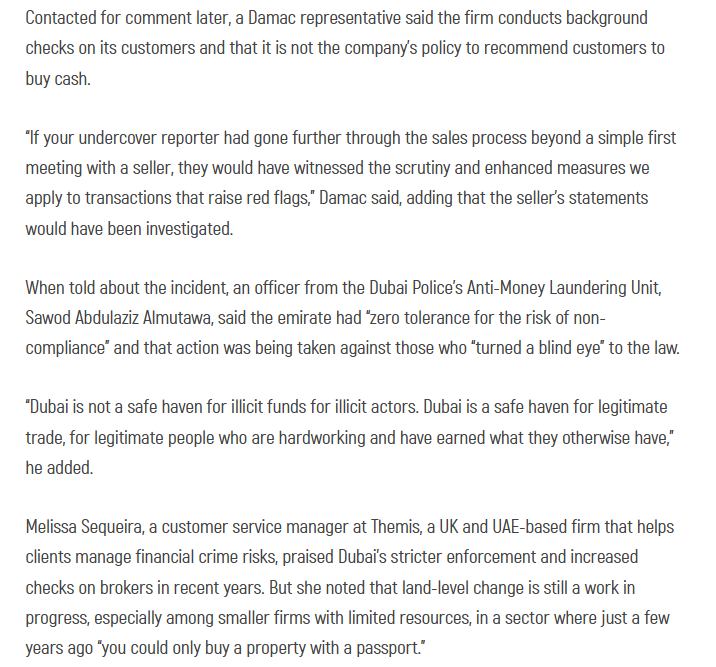

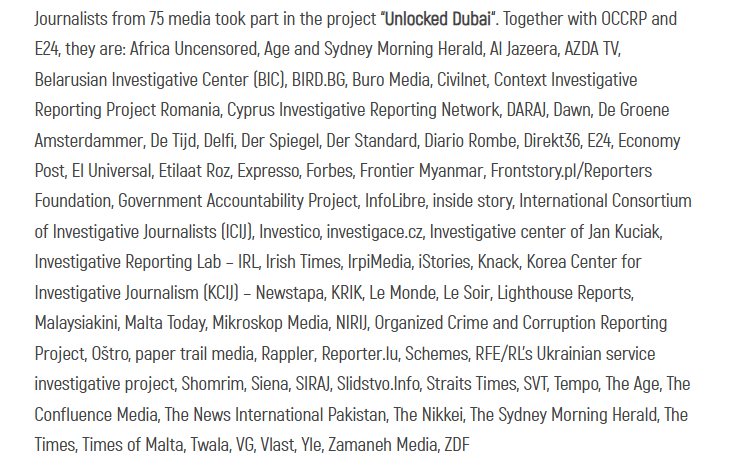
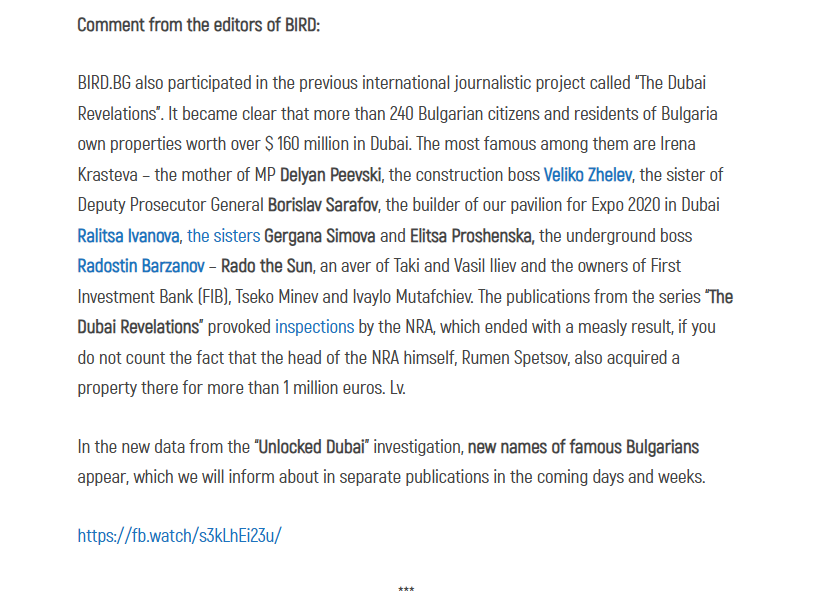
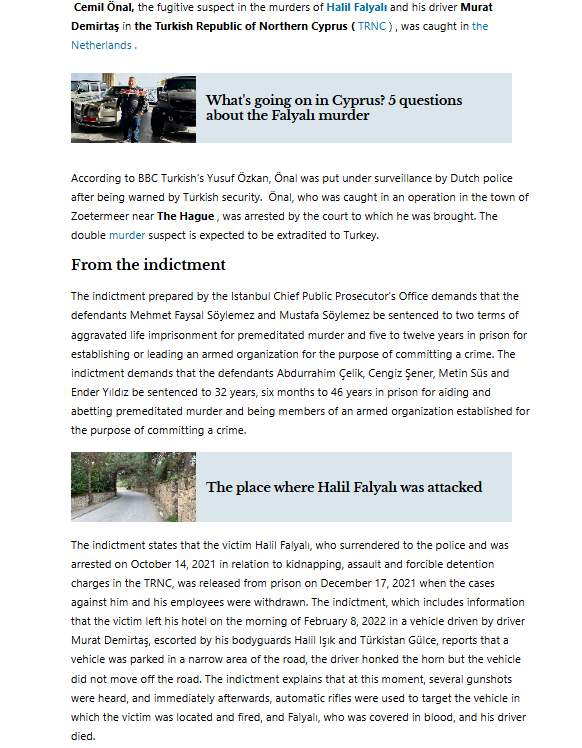









Recent Investigations
DT Coin
Investigation Ongoing
Candido Nsue Okomo
Investigation Ongoing
Cemil Önal
Investigation Ongoing
User Reviews
Average Ratings
0
Based on 0 ratings
Website Reviews
Stop fraud before it happens with unbeatable speed, scale, depth, and breadth.
Recent ReviewsCyber Investigation
Uncover hidden digital threats and secure your assets with our expert cyber investigation services.
Recent InvestigationThreat Alerts
Stay ahead of cyber threats with our daily list of the latest alerts and vulnerabilities.
Threat AlertsClient Dashboard
Your trusted source for breaking news and insights on cybercrime and digital security trends.
Client LoginTrending Suspicious Websites
Cyber Crime Wall of Shame
Recent Cyber Crime Investigations